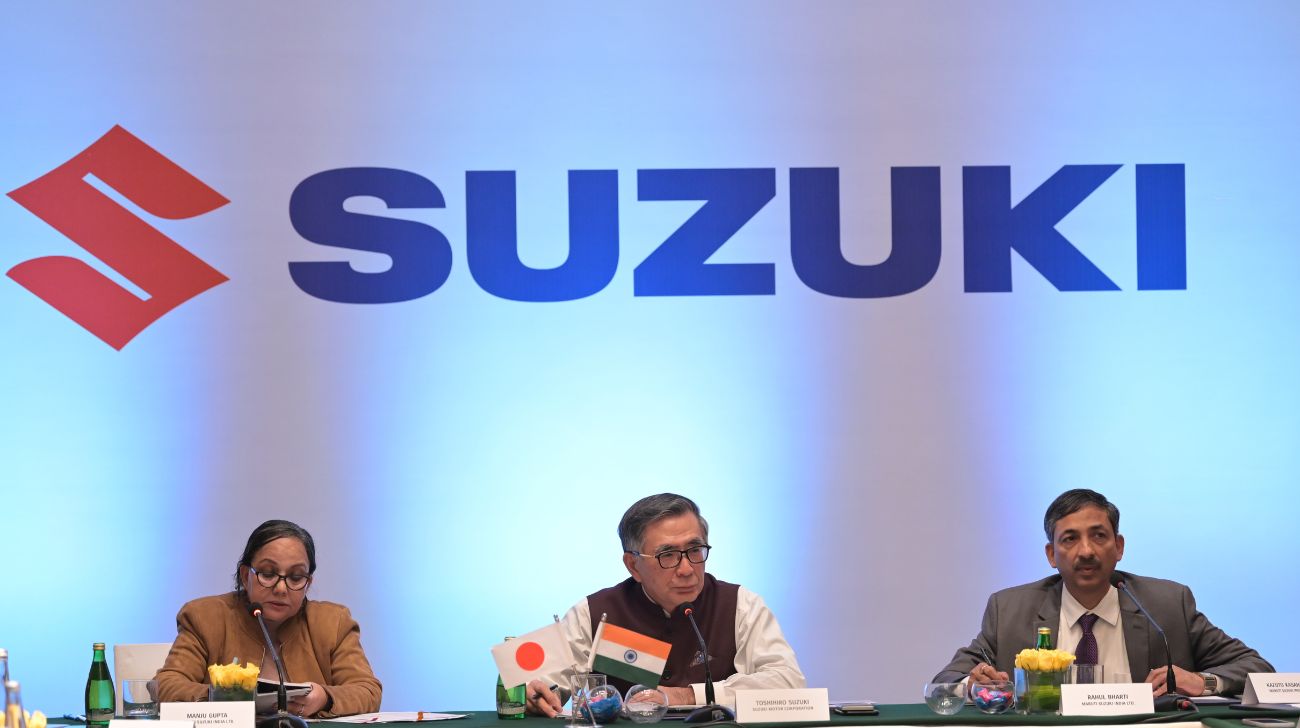Suzuki Motor Corporation has announced plans to make India the global production hub for its electric vehicles. These vehicles will be exported to Japan, Europe, and other markets, showcasing India’s increasing role in EV manufacturing despite recent slow growth in EV sales.
India: Suzuki’s Largest Market
India is Suzuki’s largest market, both in sales and revenue. The company is set to launch its first EV in the country—the e-Vitara, a mid-sized SUV. The model will be sold domestically and exported globally and supplied to Suzuki’s partner, Toyota Motor Corporation.
EV Market Trends in India
-
EV sales growth slowed to 20% in 2024, compared to an explosive 115% in 2023.
-
Despite the slowdown, EV sales outperformed the overall car market, which grew just 4%.
-
The Indian government aims to boost EV market share to 30% by 2030 (up from the current 2.5% of 4.3 million cars sold last year).
Suzuki’s Plan for EVs
Suzuki has begun installing chargers at its service centres to address concerns about range and charging infrastructure. The company plans to:
-
Expand into small EVs once it refines its technology and manufacturing processes.
-
Develop additional green technologies like hybrids, gas-powered vehicles, and hydrogen-powered models.
Investment and Expansion
Suzuki will invest over $4 billion in India to:
-
Double production capacity to 4 million vehicles annually by 2031.
-
Introduce new models to strengthen its position in the competitive Indian market.
Challenges in the Indian Market
Maruti Suzuki, long known for its dominance with affordable small cars, faces challenges:
-
Its market share has dropped to 40% (down from over 50% in 2020).
-
Competitors like Hyundai and Tata Motors are gaining ground with feature-rich, premium SUVs.
India’s strategic importance for Suzuki is clear, as it works toward becoming a global leader in EV production and tackling competition in one of the world’s most dynamic auto markets.





.webp)

.jpg)